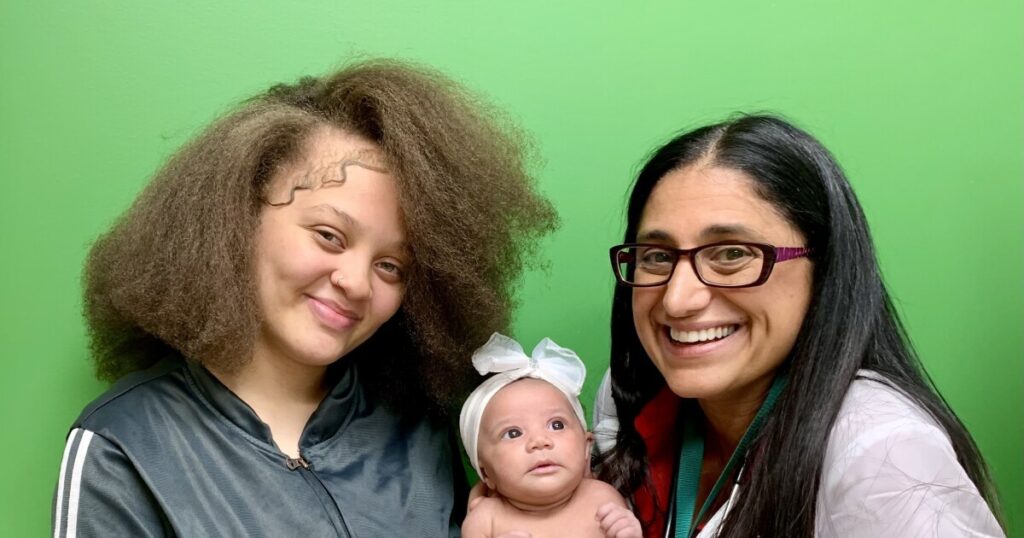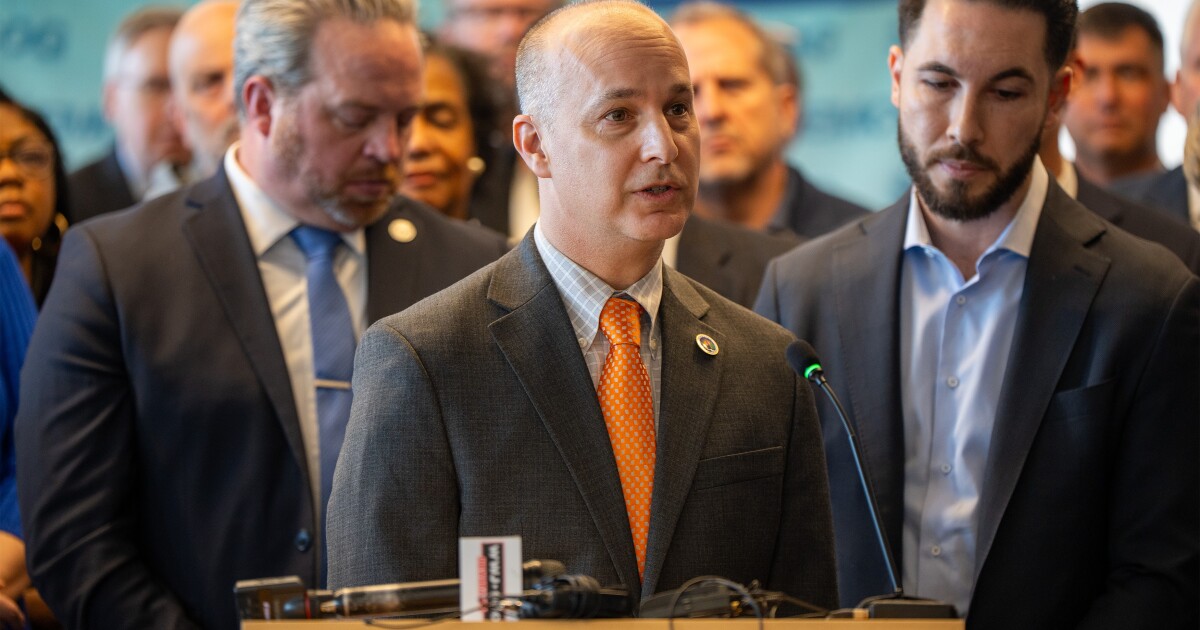In a groundbreaking initiative aimed at supporting new mothers and their infants, Flint’s universal prenatal and infant cash transfer program, known as Rx Kids, has shown promising results in reducing eviction risks and postpartum depression, according to a recent study.
Launched in 2024, Rx Kids is a collaborative effort between public and private sectors, offering a $1,500 financial boost during mid-pregnancy followed by $500 monthly for the baby’s first year. This no-strings-attached program has reached nearly every eligible family in Flint, with 57% reporting annual incomes below $10,000.
Following its success, similar initiatives have expanded to ten additional Michigan communities, including areas in the eastern Upper Peninsula and cities like Kalamazoo, Pontiac, and Hazel Park. More information about these expansions can be found here, here, and here.
The peer-reviewed study published in the American Journal of Public Health highlights that eligible mothers in Flint in 2024 experienced a 4 percentage-point decrease in eviction risk and a 14 percentage-point drop in postpartum depression compared to those from the previous year or neighboring areas not included in the program.
Survey data from over 1,000 mothers revealed improvements in housing and food security, as well as maternal mental health. Luke Shaefer, co-director of Rx Kids, noted, “Back in 2023, when Flint was compared to the surrounding region, they had a bigger risk of being evicted. And then in 2024, we see this huge shock downwards, that they’re actually less likely to be evicted.”
Further analysis showed significant advancements in five out of 11 hardship measures, including reductions in rent or mortgage arrears and food insecurity. Additionally, Flint mothers in 2024 reported better mental health outcomes, although similar trends were observed in non-Flint areas.
Interestingly, the gap in postpartum depression rates between Flint and neighboring communities vanished in 2024, with a noticeable 14 percentage-point decline in Flint. Researchers suggest that Rx Kids may be aiding Flint’s low-income families in catching up with their more affluent neighbors.
Positive Impact on Infant Health
Early findings from a second study by Rx Kids organizers indicate potential improvements in infant health, such as reduced preterm births and low birthweight cases. The study, though not yet peer-reviewed, suggests a 2.7 percentage-point drop in preterm births and a 4 percentage-point decrease in low birthweight infants in Flint.
Dr. Sumit Agarwal, a co-author, observes, “From 2021, the proportion of infants born preterm is increasing in Flint, and after 2024, after implementation of Rx Kids, this trend entirely changes directions.” This contrasts with stable or increasing trends in similar cities across Michigan.
Reduced neonatal intensive care unit admissions, equating to 68 prevented cases, and increased prenatal care utilization could explain these positive outcomes. Moreover, a decline in smoking during the third trimester, a known risk factor for preterm birth, was noted among participants.
The financial implications are significant. Flint could save $2.6 million annually by preventing preterm births and $6.2 million by avoiding low birthweights, Agarwal estimates.
Dr. Mona Hanna, co-director of Rx Kids, emphasizes the program’s economic benefits, stating, “Often when we talk about kids and doing good things for kids, we talk about long-term societal savings. So this is an example of how an intervention is saving money today.”
—
Read More Michigan News









